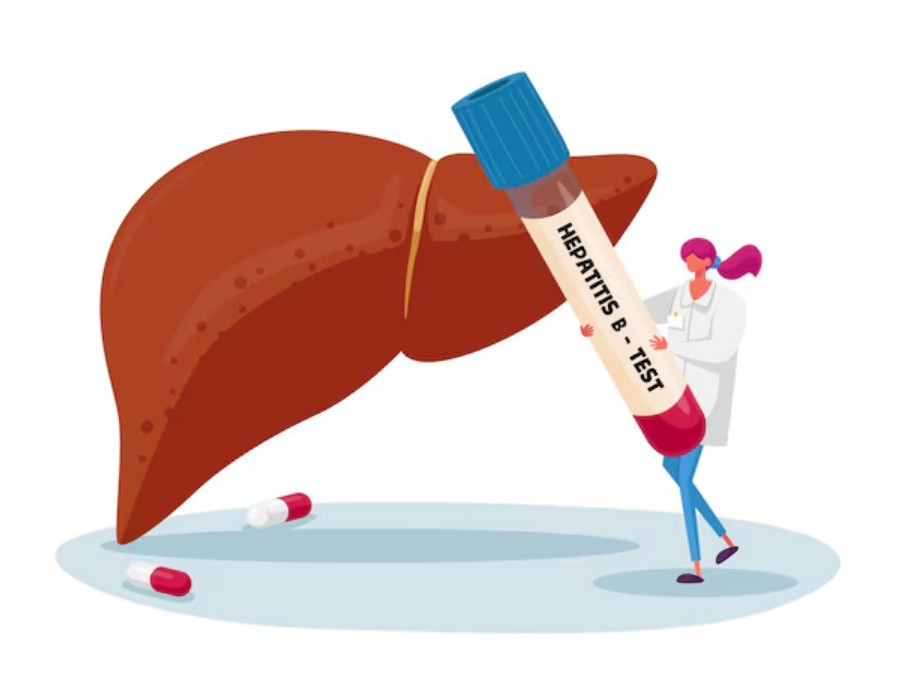
Despite major strides in healthcare, viral hepatitis, particularly Hepatitis B and C, continues to pose a major public health challenge worldwide, claiming over a million lives every year. One of the most impacted yet underrepresented groups in this conversation is working women. On World Hepatitis Day, it is crucial to examine the layered challenges they face in early diagnosis and care.
This article is authored by Dr Vikram Vora, Medical Director and Chief Health Officer (Indian Subcontinent), International SOS.

Hepatitis B and C are often referred to as ‘silent infections’ because they can remain undetected for years. In women who are balancing careers, households, and caregiving duties, this silence is amplified. Health takes a backseat, and symptoms, when they do show, may be ignored or misread as fatigue, hormonal fluctuations, or stress. This delay in recognising red flags often means the disease is only caught at advanced stages like liver fibrosis, cirrhosis, or liver cancer.
The constraints of time and competing responsibilities are common across working women, whether employed formally or informally. Preventive health checkups are often sacrificed in favour of urgent day-to-day demands. While some corporate wellness programs have made progress by including screenings for chronic conditions like hypertension or diabetes, hepatitis is rarely included in these health initiatives.
There is also a structural limitation. Most diagnostic centres and clinics run on standard business hours, overlapping with working schedules. Add to this the lack of on-site screening facilities or supportive leave policies, and it becomes clear why testing rates are low. The result is a cycle of minimal awareness, reduced screening, and ultimately, late diagnosis.
Stigma is another invisible but powerful barrier. Because hepatitis is commonly linked in public perception with intravenous drug use or sexually transmitted infections, even educated women often hesitate to seek testing or speak openly about a diagnosis. The fear of being misjudged or isolated, especially in professional environments, prevents timely intervention.
Don't Miss: 5 Reasons You Are Stuck In An Emotional Cycle Of Pain, According To A Therapist

Even though we have access to an effective vaccine for hepatitis B and reliable treatments for hepatitis C, many women remain unaware of their own immunisation history or the need for regular screening. This is especially true for those born before hepatitis B was made part of routine childhood vaccination schedules.
Unfortunately, workplace health initiatives often lack dedicated messaging on hepatitis. Without clear, accessible, and credible health information, most women remain unaware of how easy it is to get tested. A simple blood test can help detect the virus early and begin timely care.

To address this invisible crisis, we must advocate for more inclusive and gender-aware healthcare approaches in the workplace that focus on:
Viral hepatitis may be a silent disease, but that does not mean it should remain unnoticed, especially among working women. Addressing their unique challenges can go a long way in ensuring early detection, timely treatment, and ultimately, better outcomes.
Don't Miss: 7 Causes of Bleeding After Sex: What It Means, When to Worry - Gynaecologist Explains
Keep reading Herzindagi for more such stories.
Image Courtesy: Freepik
Herzindagi video
Our aim is to provide accurate, safe and expert verified information through our articles and social media handles. The remedies, advice and tips mentioned here are for general information only. Please consult your expert before trying any kind of health, beauty, life hacks or astrology related tips. For any feedback or complaint, contact us at [email protected].